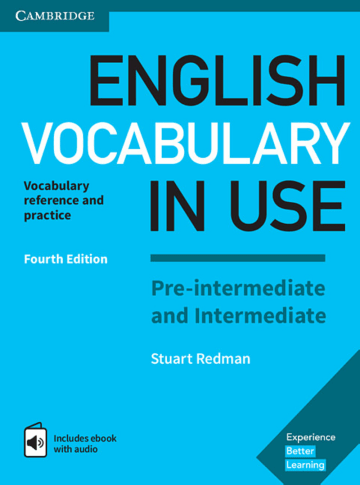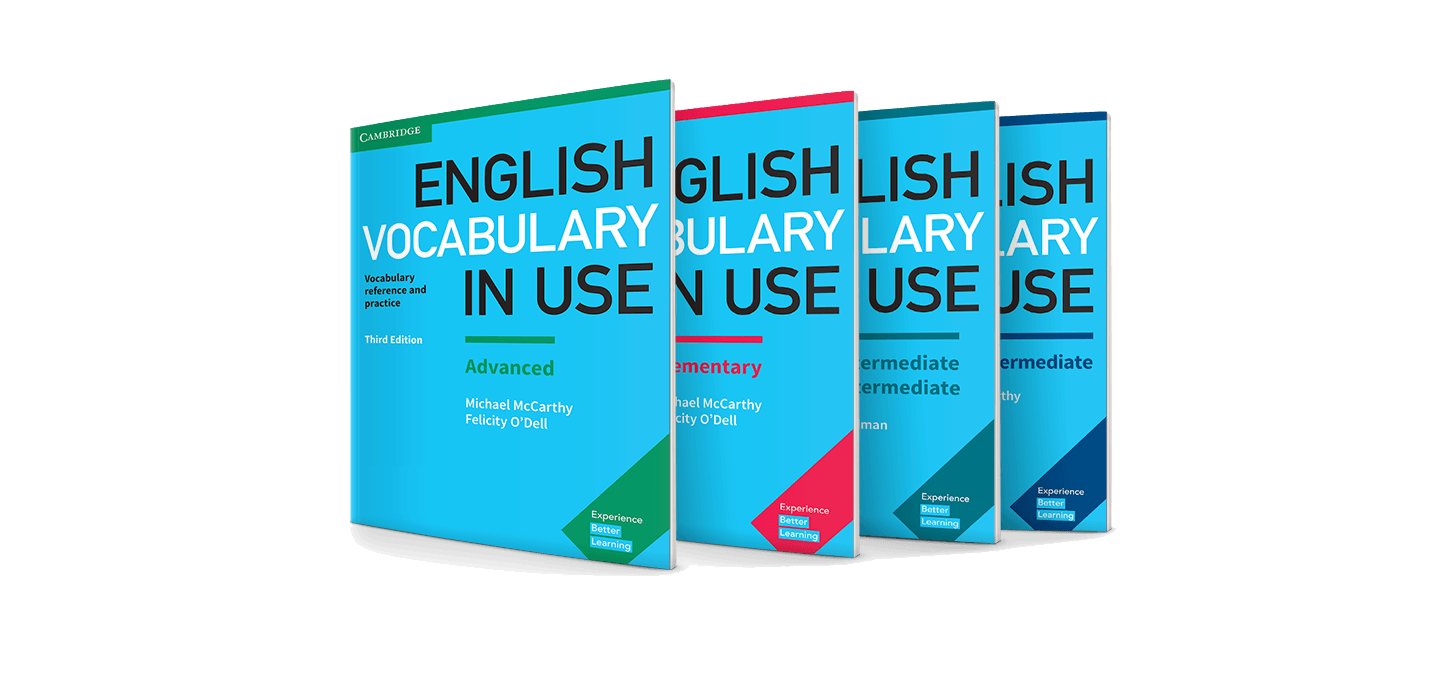In today’s globalized world, effective communication is more important than ever. Building a strong vocabulary is the foundation of articulating thoughts clearly and confidently. This comprehensive guide explores the significance of vocabulary, effective methods to expand your English vocabulary, practical exercises, and an overview of resources available for learners at all levels.
Understanding the Importance of Vocabulary
A robust vocabulary enhances writing, boosts comprehension, and facilitates better speaking skills. Whether for academic pursuits, professional growth, or personal enrichment, a rich vocabulary provides the tools necessary to express oneself effectively. Here are some vital aspects of vocabulary development:
- Facilitates Communication: A varied vocabulary allows for more precise and nuanced expression.
- Enhances Comprehension: A strong vocabulary aids in understanding complex texts.
- Boosts Academic and Professional Success: Vocabulary proficiency is often linked to better performance in tests and professional settings.
Key Components of Vocabulary Development

1. Contextual Learning
Learning vocabulary through context helps cement new words in your memory. This section will delve into:
- Reading Diverse Materials: Engage with books, articles, and reports.
- Utilizing Media: Incorporate movies, podcasts, and songs to expose yourself to new vocabulary.

2. Active Usage of Vocabulary
Incorporating new words into your daily conversations is crucial for retention. Here’s how to do it:
- Writing Exercises: Journals, essays, and creative writing.
- Speaking Practice: Join clubs, or practice dialogues with friends.

3. Utilizing Technology
Modern technology provides numerous tools to aid vocabulary learning:
- Apps and Online Platforms: Explore popular applications like Quizlet and Anki for flashcards.
- Online Courses: Platforms like Coursera and Udemy offer structured vocabulary courses.

Effective Strategies for Vocabulary Expansion
1. Using Flashcards
Flashcards can help reinforce memory through spaced repetition. Include:
- Digital vs. Physical Flashcards: Pros and cons of each method.
- Customizing Your Deck: Focus on personal areas of interest or difficulty.
2. Engaging with Word Games
Games provide a fun way to learn vocabulary. Consider these options:
- Crossword Puzzles: Engage with themed puzzles to learn contextually.
- Vocabulary Quizzes: Test yourself with online quizzes and challenges.
3. Daily Vocabulary Challenges
Set daily challenges to learn a specific number of new words:
- Word of the Day: Adopt this practice to continuously learn.
- Use in Sentences: Create sentences using new words to enhance retention.
Comparison Table: Vocabulary Learning Methods
| Method | Description | Pros | Cons |
|---|---|---|---|
| Flashcards | Use cards to recall words and meanings. | Portable, customizable, effective for memory. | Can become monotonous. |
| Reading | Expose yourself to new words in context. | Improves comprehension, contextual learning. | Can be overwhelming without guidance. |
| Online Courses | Structured learning with expert guidance. | Comprehensive; often includes assessments. | May require a fee; needs self-discipline. |
| Word Games | Interactive learning through challenges. | Engaging, social, reduces stress. | May not cover specific vocabulary needs. |
Resources for Vocabulary Building
1. Books
Some highly recommended books include:
- “English Vocabulary in Use” Series: A comprehensive guide tailored for different skill levels.
- “Word Power Made Easy”: A vocabulary builder designed for rapid learning.
2. Online Platforms
Utilize these platforms for interactive vocabulary learning:
- Quizlet: Create and share flashcard sets.
- Memrise: Uses spaced repetition for vocabulary retention.
3. Mobile Applications
Explore these user-friendly apps:
- Duolingo: Engaging gamified language learning.
- Vocabulary.com: Personalized vocabulary quizzes and word lists.
Pros and Cons of Different Vocabulary Building Techniques
Pros
- Variety of learning methods caters to different learning styles.
- Combination of techniques can lead to better retention.
Cons
- Some methods may require significant time investment.
- Overdependence on one method can limit vocabulary acquisition.
FAQs about English Vocabulary in Use
Q1: What is “English Vocabulary in Use”?
A1: “English Vocabulary in Use” is a series of books designed to teach vocabulary through context, offering strategies for effective learning and practical usage.
Q2: How can I improve my vocabulary quickly?
A2: To improve your vocabulary quickly, engage in daily reading, practice speaking with new words, and utilize vocabulary-building apps.
Q3: Are there online resources for learning vocabulary?
A3: Yes, there are numerous online resources available, including websites, apps, and platforms like Quizlet and Memrise that offer vocabulary exercises and games.
Q4: How does vocabulary impact communication skills?
A4: A rich vocabulary enhances communication by allowing you to express ideas accurately and persuasively, improving both written and verbal communication skills.
Q5: Can vocabulary be improved at any age?
A5: Absolutely! Vocabulary can be improved at any age with consistent practice, exposure to new language, and active usage.
Conclusion
Building a strong English vocabulary is an ongoing journey that enriches your language skills and enhances your ability to communicate effectively. By incorporating diverse techniques, utilizing modern resources, and engaging in contextual learning, you can unlock the doors to linguistic mastery. Remember, the goal is not just to learn new words but to use them effectively in everyday conversations and writing.